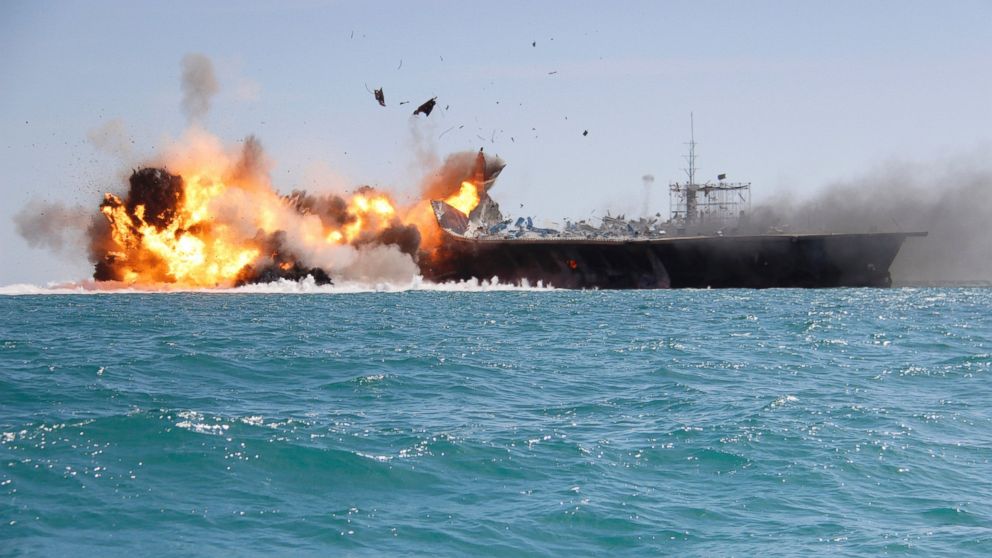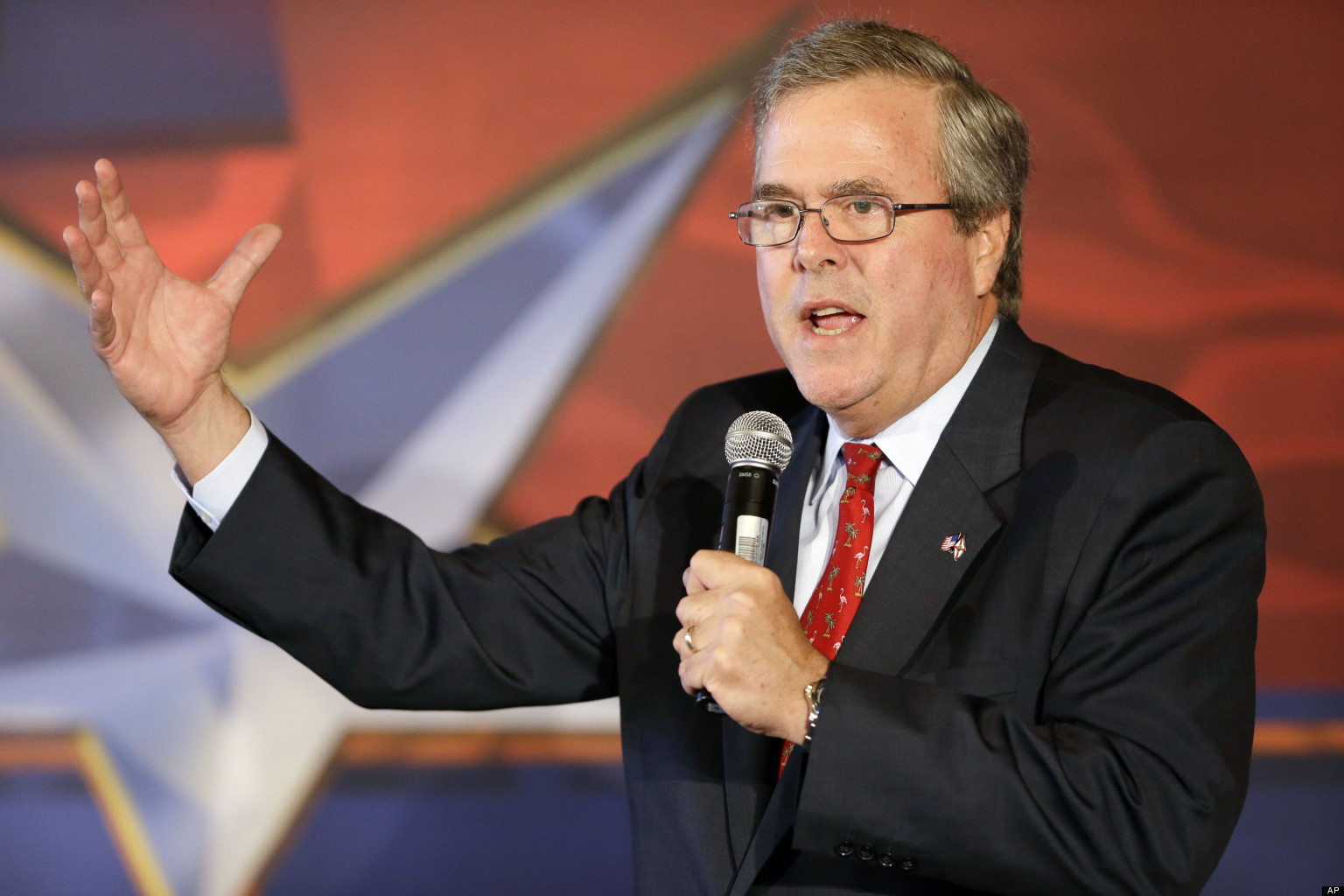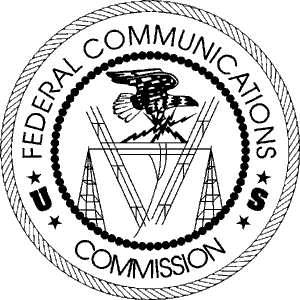You don’t have to be an expert in world affairs to know that Iran and the US aren’t exactly friends. Since the Iran-Iraq War of the Reagan administration, the Western superpower and Middle Eastern nation have been in constant disagreement and have often engaged in outright hostility. Relations have soured even more since September 11th, after which President Bush dubbed Iran the “Axis of Evil.” In fact, relations have become so poor between the two nations that there are no formal diplomatic relations between the Republic of Iran and the United States.
Despite their history of
disagreement and tension, the two nations have started to cooperate, albeit uneasily.
In 2014, they allied with one another against ISIL, and recently they have been
engaging in nuclear talks in Geneva. Although the Iran-US relationship is by no
means fixed and although their recent interactions have been marred by
continued hostilities, many people have started to believe that the two nations
are on their way to establishing peaceful and respectful diplomatic relations. That
is, until Iranians hung President Obama and blew up a mock US aircraft carrier
during naval drills.
On
February 11, during Iran’s 36th anniversary celebration of the Islamic
Revolution, Iranians burned an effigy of President Obama. Many citizens also
carried signs depicting Secretary of State John Kerry as a devious fox while
chanting “Death to America” and “Death to Israel.” The display was broadcast
throughout the Middle Eastern nation and met with approval by key figures in
the Iranian government, such as Defense Minister Hossein Deghan.
As
if hanging the President did not send a strong enough message, on Wednesday,
speedboats swarmed a life-size replica of the USS Nimitz, striking the vessel
with missiles, rockets, and mortars. The simulation was called Great Prophet 9,
and it was the centerpiece of training exercises of the Iranian Navy’s
Revolutionary Guards. According to one video caption on a Fars report, “Iranian
naval forces displayed their skills in targeting enemy vessels.”
Now,
Nimitz-class carriers permanently patrol the water of the Persian gulf, something
which Iran has always resented. By blowing up a ship designed in the image of
these carriers, Iran is making its position clear; it may be cooperating with
the United States on a few fronts at the moment, but the Western nation remains
its archenemy. Not only that, but Iran may be attempting to show the United
States that, if the worst occurs, the nation is not afraid to go to war against
the American superpower. Iran can and will sink a US warship if conflict were
to break out.
The
navy’s Revolution Guards Corps also conducted mine-laying exercises. Ali
Fadavi, commander of the Iranian naval force, stated that this portion of their
war-games was “the most important concern of the Americans,” for Iran has “the
most advanced sea mines which [the US] cannot…[imagine].” Another commander
stated that the navy wasn’t trying to show off all its strength with these drills,
but rather carry out simple practice exercises. Apparently, Iran still has many
“capabilities which will remain covert and hidden before being used in action.”
Well,
so much for improved relations. On a governmental and social level, Iran’s
hatred of America just seems to grow. If there was any lingering doubt whether
Iran still viewed the US as Public Enemy Number 1, there really cannot be now.
We are Iran’s archenemy, and Iran is making sure that we are very much aware of
this fact.
The
US, however, doesn’t seem to be alarmed. The White House did not issue a formal
response to the burning of President Obama’s effigy and, in regards to the
naval attack, US Commander Kevin Stephens simply said, “We're quite confident of our naval forces'
ability to defend themselves.”
Now, I’m not one to support feeding international
conflict, but I can’t help think that it seems a little arrogant, even
dangerous, that the United States has completely discounted Iran’s recent
moves. We have a problem with the Iranian government; they hate us and see us
as hypocritical, selfish monsters. I think it’s our duty, as self-proclaimed
“international peacekeeper” to address these attacks. If we ignore them, if we
continue to belittle and discount Iran, aren’t we just setting ourselves up for
future conflict with Iran and other Middle Eastern nations?
What
do you think about these attacks? How will they affect the American-Iranian
relationships? Do you support the United States’ dismissive response or do you
think we should act differently in the face of such attacks? Most of all, do
you think there is any hope for US-Iran relations in the near future?
Sources:










